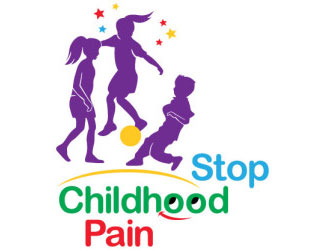Is amplified pain related to Lyme disease?
Lyme disease is an antibiotic sensitive infection. It is acquired through the bite of a deer tick. The tick needs to be attached at least 24 to 48 hours before it infects the host. The standard blood tests for Lyme disease are quite good. Initially, one does an ELISA screen and if that is positive, then Lyme disease is established by a positive Western blot test. The treatment is with antibiotics which are given for a duration of 2 to 4 weeks. There can be serious but rare complications of Lyme disease, some of which involve the heart or brain and require IV antibiotics. Anybody can get Lyme disease including children with amplified pain. Lyme may be the initial infection and after it is cured these children may have prolonged or remembered symptoms. We see patients who, after a sore throat, will have throat pain for weeks and the pain is worse than the original throat infection. The infection has cleared up but the symptoms remain and become amplified. Similarly, this can happen with Lyme, mononucleosis, injury or a host of other ills.
Some doctors propose there are patients with chronic Lyme who have tested negatively for Lyme. These physicians may use non-standardized tests such as urine tests to say that there is chronic Lyme disease. They propose long courses of IV or oral antibiotics. There is no evidence to support this. Good double-blind placebo-controlled trials have shown no benefit for long-term antibiotic use including no difference in cognitive function in those treated with antibiotics versus placebo.
1. Halperin JJ, Baker P, Wormser GP. Common misconceptions about Lyme disease. The American journal of medicine 2013;126:264.e1-7.
2. Klempner MS, Baker PJ, Shapiro ED, et al. Treatment trials for post-Lyme disease symptoms revisited. The American journal of medicine 2013;126:665-9.
3. Sigal LH, Patella SJ. Lyme arthritis as the incorrect diagnosis in pediatric and adolescent fibromyalgia. Pediatrics 1992;90:523-8.
4. Zotter S, Koch J, Schlachter K, et al. Neuropsychological profile of children after an episode of neuroborreliosis. Neuropediatrics 2013;44:346-53.
